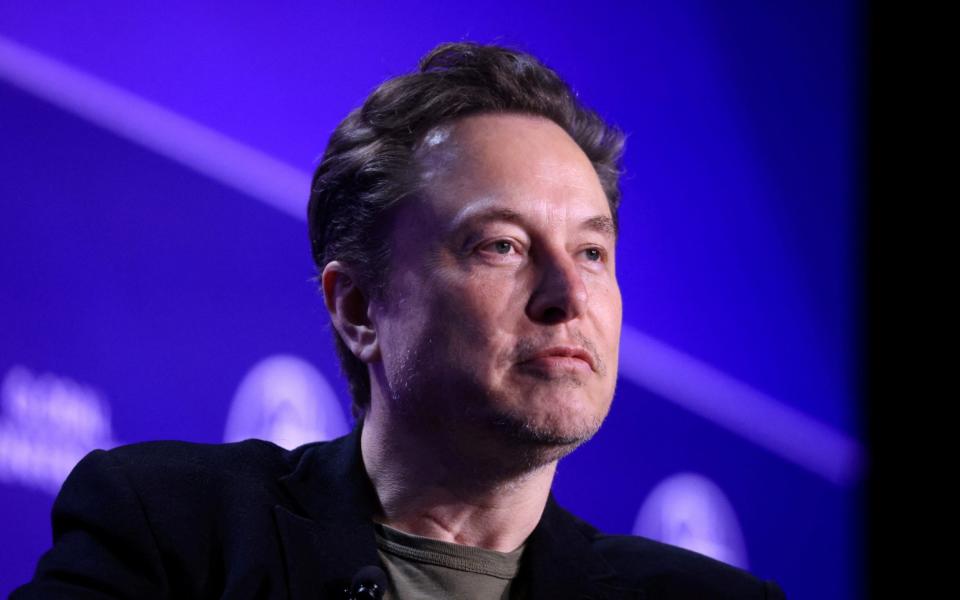Tesla suffers sales slump as European electric car subsidies slashed

Tesla’s sales have slumped across Europe after countries including Germany and France slashed subsidies for electric vehicles.
Sales at the Western standard-bearer for electric cars fell by 8pc across Europe and the UK in the first four months of this year.
During the same period last year, Tesla was experiencing sales growth of 78pc.
The gloomy figures came against a slightly better backdrop for EVs more broadly, with sales up 14.4pc across all brands.
Overall, from January through April this year, Tesla sold 100,124 cars, down from 108,737 in the same period of 2023, according to the figures published by the European Automobile Manufacturers Association.
Separately published numbers suggest 13,120 of these were sold in the UK, down from 15,168 last year.
Tesla has previously warned investors to expect “notably lower” sales in 2024 as the electric car maker battles higher interest rates and tougher competition, particularly in China where domestic brands are engaged in fierce price wars.
In Europe, Tesla sold just 13,951 vehicles in April, its worst monthly tally since January 2023.
It comes as Western manufacturers brace for the arrival of cheaper Chinese EVs that are expected to shake up the market.
That has triggered calls in some quarters for Europe to hit Chinese brands with import tariffs, as the US has done, following concerns about state subsidies handed to them by Beijing.
But Carlos Tavares, the chief executive of Stellantis, the car giant behind Vauxhall, Fiat and Citroen, on Wednesday pushed back against those calls.
Levying tariffs would be “a major trap for the countries that go on that path”, and would not allow Western carmakers to avoid changing to compete with their Chinese rivals, Mr Tavares told Reuters.
He added: “When you fight against the competition to absorb 30pc of cost competitiveness edge in favour of the Chinese, there are social consequences.
“But the governments, the governments of Europe, they don’t want to face that reality right now.
“If we let the share of the Chinese [carmakers] grow ... then it’s obvious that you are going to create an overcapacity, unless you fight against that competition.”
At the same time, several European governments have recently reduced or cut subsidies for EVs.
Germany and Sweden axed support at the end of last year, while France, Ireland and others have tightened the amount of support drivers can receive.
The UK ditched a grant for EV purchases in 2022.
Car industry lobby groups have criticised the moves and argued that support has been removed at the worst possible time.
In the UK, subsidy reductions have been followed by the introduction of legally binding sales targets for EVs under the zero emissions vehicle mandate.
Under the mandate, at least 22pc of carmakers’ sales must be electric this year. The target then gradually rises to 80pc by 2030 before the ban on sales of new petrol and diesel vehicles in 2035.
Similar rules banning cars with tailpipe emissions are due to come into force in Europe in 2035, which will also be preceded by tightening emissions requirements.
However, the slowdown in EV sales has prompted manufacturers including Volkswagen and Mercedes-Benz to rethink their product plans, with some deciding to prolong production of hybrids.
This time last year, EV sales were growing at a rate of nearly 50pc.

 Yahoo Finance
Yahoo Finance 